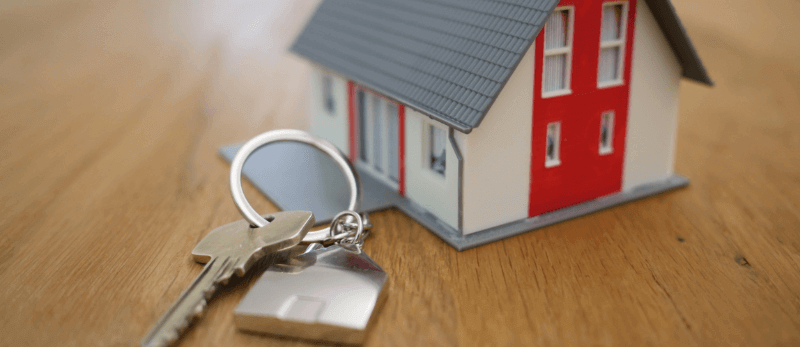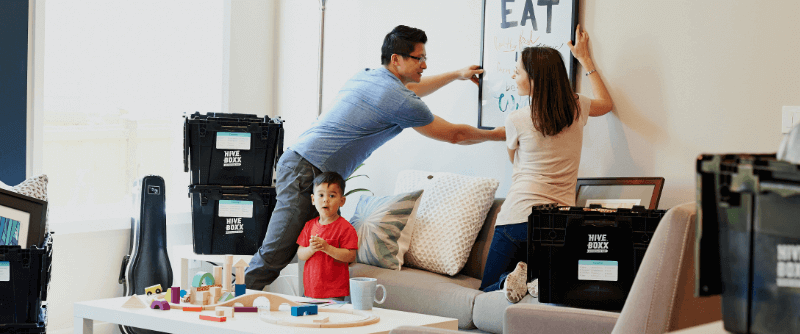Being aware of what a conveyancer does is a good place to start when getting your head around the complexities of buying (and selling) a home. In basic terms, a conveyancer deals with the purchase of a property once you’ve had your offer accepted. But of course, the purchasing process is not a straightforward and simple one – and that’s why we look to conveyancers to handle it for us.
Most of the time, a conveyancer will be a solicitor. All solicitors are qualified to undertake work of this kind but not all are experienced in it so when searching for the right one, find a solicitor that specialises in residential property transactions such as us here at Bromfield Legal. If you are buying a new build, you should also consider choosing a solicitor that specialises in this area and who will have your best interests at heart. Sometimes this means not going with your developers recommended solicitor, and finding your own instead.
Do I need a conveyancer?
Although we would always recommend using a conveyancer, you could carry out the conveyancing process yourself; although it’s not without its difficulties. There’s a reason why solicitors achieve qualifications to carry it out, and that’s because there is a lot of specialist legal work involved, and a lot to be aware of. Mistakes can be extremely expensive!

If you’re taking out a mortgage, you won’t be able to carry out the conveyancing process yourself, and this is because lenders will require a professional legal firm to be involved. If you’re buying a property outright and therefore without a mortgage, you don’t have to use a conveyancer if you don’t want to. However, unless you really know what you’re doing, you could fail to spot something important such as a boundary dispute, or that the seller does not have a legal right of way to access the property. No one wants to move into a property and then have to face issues around something as trivial as whether you can park your car on the property.
If you are considering doing it yourself, just remember; properties are very expensive and likely to be the biggest purchase you ever make. It’s definitely worth getting it right! With that in mind, it’s always best to have a professional on board to guide you through the purchase process.
How does the conveyancing process begin?
Once you’ve found the right conveyancer, you must ‘instruct’ them to get started on the job. The conveyancing process usually takes a few months to complete, depending on the chain and there’s a lot of steps for a conveyancer to complete, so we’ll break it down for you.
Step one is to open the purchase file. A letter is sent out to you, the buyer, setting down the terms of business with details of their charges and the deposits required. You’ll also be asked to complete an information form with basic details such as your contact, date of birth and national insurance number. Your conveyancer will need the details of your estate agent, whether you need a mortgage for the purchase and if so, which lender you’re using and where the deposit is coming from. You will also need to submit photo ID such as a passport or your driving licence.

Next, the conveyancer will contact the seller’s conveyancer to let them know that they have been instructed to act for you with the purchase of the property. This is where the ball starts rolling and the paperwork begins to build. The seller’s conveyancer sends over a draft contract together with a copy of the property’s Title (or ‘Deeds’ as you may more commonly know it as). If the home has been sold at least once since 1990, the Deeds will be electronically recorded with the Land Registry but if not, the property could be ‘unregistered’ which means that ownership can only be proved with the original hard copy of the Title Deeds. This is usually held in the Deeds storage by the bank that has/had the mortgage.
Alongside the draft contract and deeds, a conveyancer will also receive the ‘protocol documents’ which include a sellers property information form, a fittings and contents form that details what will be left and removed from the property, and a leasehold information form if applicable.
What searches will a conveyancer carry out?
Searches are a big part of the conveyancing process. These include the local authority, environmental and water searches. The purpose of these searches are to uncover any potential issues such as public rights of way, compulsory purchase orders, enforcement notices for the property and flood risks that may interrupt the way of life within the property. Simply viewing or getting a survey on a property isn’t enough to know everything there is to know, and sometimes issues can be hidden away only to be discovered through a search and put a spanner in the works – and that’s why they are so important.
Alongside these searches, a conveyancer will also be responsible for checking all the paperwork and any returned searches in great detail, raising any questions with the seller’s conveyancer and making the buyer aware of any issues. If you do happen to run into any issues, this stage can take a few weeks and is often the culprit for any hold-ups, but it’s very important to get to the bottom of anything needing attention so that it’s plain sailing for the buyer once the purchase is complete.
At what point do I actually get the keys to my new property?
Once the watertight paperwork is signed, sealed and delivered, the buyer is required to pay their deposit. This is usually 10% of the purchase price and can be done via online bank transfer. Your conveyancer will then begin the conversation about finding a convenient day to move into the property that you’re purchasing. This date will need to be agreed with all parties in the chain which, again, can take a little while. Once this date is agreed, the conveyancer can then work towards a date to exchange contracts.

Once the contracts are exchanged and a date is agreed for completion, the purchase becomes legally binding. This is the moment that you can breathe a sigh of relief, as you will have a legally binding contract to buy your new home and/or sell your existing home. With the final completion statement ready to go, you will need to pay any outstanding balances and your conveyancer will request the balance of the mortgage amount from the bank or building society.
Only when the cash has been received by the seller’s conveyancers will the estate agents be authorised to release the keys for you. Then it’s up to you to pick the keys up and begin the moving in process!
Is there anything else that a conveyancer will be responsible for?
Even though the conveyancing process is complete, a conveyancer’s work doesn’t stop there. There’s usually a few loose ends to tie up before the case is closed, but it’s not usually something that they will need your input with, so you can focus on painting walls and unpacking boxes in your new home.
Your conveyancer will be required to register the change of ownership with the Land Registry, pay Stamp Duty Land Tax on your behalf, send a copy of the title deeds to your mortgage lender and finally give you a bill for their payment. If you have purchased a leasehold property then they will also need to notify the freeholder.
What about if I’m selling?
Even though you won’t be the one parting with thousands of pounds on a property purchase, it’s just as important for a seller to have a conveyancer as it is for the buyer. As a seller, there are certain legal obligations that you must comply with, and you’ll need to draft and negotiate the terms of a contract before a property can be transferred. It’s always best to enlist the help of someone who really knows what they’re doing.

It works in quite the same way, in that your conveyancer will be the point of call for the buyer’s conveyancer in answering questions, solving issues and combing through contracts. They will deal with the property’s title deeds, handle the exchange of contracts and manage the day of completion, including handling the logistics involved with the all-important handover of keys. Ultimately, their job is to lend their professional advice and expertise to ensure that the process is as smooth and stress-free for you as possible.
Buying a house can be lengthy and quite stressful at times. However, with the help of the right solicitor, it’s much, much easier. Do your research and put your trust into the right hands, and you’ll be unlocking the door to your new home for the first time before you know it.
Contact our experts at John Bromfield and let us help you through your journey into home ownership.


